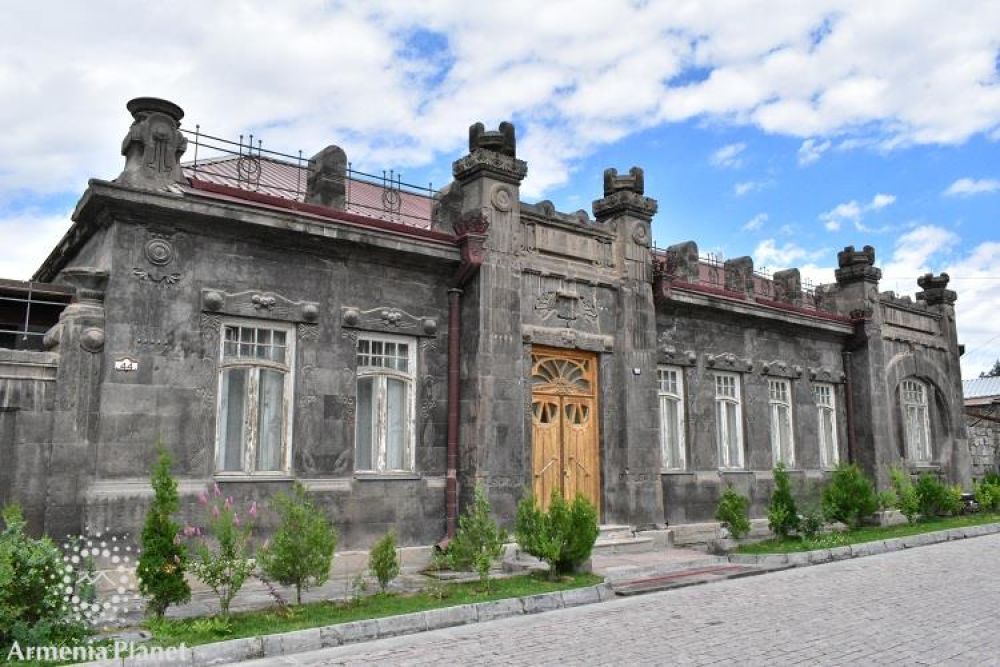

The Kumayri Historic District is the heart of Gyumri, the second largest city in Armenia, known for its rich cultural heritage and historical significance. It stands as one of the few places where one can witness the authentic urban Armenian architecture of the 18th and 19th centuries. The area is also recognized for its unique character that survived despite the devastating earthquake in 1988.
Originally known as Kumayri, the historical core of present-day Gyumri has a history that dates back to ancient times, with some archaeological findings suggesting settlements in the area as far back as the Bronze and Iron Ages. The city’s development reached its zenith in the 19th century when Gyumri, then called Alexandropol, became a major urban center in the Tsarist Russian Empire. Its strategic location on trade routes allowed it to flourish, with elegant buildings, churches, and cultural institutions. Many of these structures still stand today, representing classical and traditional Armenian architectural styles.
Tourism in the Kumayri Historic District has gone through various phases. During the Soviet era, Gyumri was a prominent cultural hub, but international tourism was limited. Post-independence, the district faced challenges as the city recovered from the earthquake. However, in recent years, the Armenian government and international organizations have encouraged the restoration of Kumayri, recognizing its potential as a cultural tourism hotspot, which has gradually boosted visitor interest.
Efforts to restore and preserve the historical charm of the Kumayri district have been crucial to the resurgence of tourism. Restoration works have focused on maintaining the original designs and materials of historical structures. These initiatives have revitalized the area and made it a living museum of Armenian cultural heritage, attracting both history aficionados and casual tourists alike.
Recent tourism trends in the Kumayri Historic District have been towards experiential and cultural tourism. Visitors are keen on immersive experiences, such as walking tours through the old cobblestone streets, engaging with local craft workshops, staying in renovated historical homes converted into boutique hotels, and enjoying the authentic Armenian cuisine in traditional restaurants. Moreover, there has been a noticeable increase in interest for filming locations, with Kumayri’s picturesque and historical backdrop attracting international film productions.
Several annual events, such as the Gyumri International Biennial, contribute to the cultural tourism appeal of the district. Museums like the Dzitoghtsyan Museum of National Architecture and Urban Life offer in-depth insights into the local history and lifestyle. The district is also home to churches like the Seventh-day Adventist Church and the Cathedral of the Holy Mother of God, which are not only religious landmarks but also architectural treasures.
Today, the Kumayri Historic District is a testament to the resilience and revival of Gyumri. It is a must-visit for anyone interested in history, architecture, and culture. With ongoing preservation efforts and a growing reputation as a premier cultural destination, the district continues to play a vital role in the story of Gyumri and the broader spectrum of Armenian tourism.
As the Kumayri Historic District strides forward into the future, tourists can expect an authentic Armenian experience that blends history with a warm local charm, making it an unforgettable travel destination.